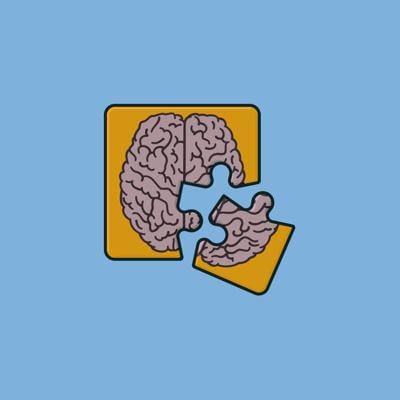Is hypothyroidism linked to dementia?
According to the American Thyroid Association, more than 12 percent of the U.S. population will develop a thyroid condition during their lifetime, and an estimated 20 million Americans currently have some form of thyroid disease. Additionally, up to 60 percent of individuals with thyroid disease are unaware of their condition.
Hypothyroidism, or underactive thyroid, is a condition in which the thyroid gland doesn't produce enough of certain crucial hormones. Untreated, the condition can cause a number of health problems, including heart disease, obesity, joint pain and cognitive decline. If an individual is experiencing concerns about lack of focus and signs of memory loss, he/she should also be aware of other symptoms associated with hypothyroidism. These include fatigue, weight gain, fluid retention, enlarged tongue with teeth indentations, cold intolerance, hair loss, dry skin, depression, joint pain, constipation, headaches, brittle fingernails, elevated cholesterol and enlarged thyroid gland.
These symptoms often lead to the individual thinking that he/she might have the onset of Alzheimer's or dementia. The individual shouldn't rush to judgment about that possibility. Rather, the symptoms of memory loss and lack of focus might be related to low thyroid function.
Because the brain uses so much energy, individuals with hypothyroidism (slowed metabolism and less energy) tend to experience a decline in their mental acuity — the "brain fog" that many individuals describe as they experience the symptoms of the disorder. Hypothyroidism is often associated with mood disturbances and cognitive impairment, meaning that the thyroid hormones are critical for normal brain functioning. Specifically, hypothyroidism has been associated with several cognitive deficits, including general intelligence, visual-spatial skills and memory.
Hypothyroidism can often be diagnosed with a simple blood test. With some individuals, however, it may be more complicated and more detailed tests are needed. In an individual with an underactive thyroid gland, the blood level of T4 (the main thyroid hormone) will be low, while the TSH (thyroid stimulating hormone) level will be high. This means that the thyroid is not making enough hormone and the pituitary gland recognizes it and is responding appropriately by making more TSH in an attempt to force more hormone production out of the thyroid. For the majority of individuals with hypothyroidism, taking some form of thyroid hormone replacement (synthetic or natural, pill or liquid, etc.) will make the "thyroid function tests" return to the normal range, and, this is accompanied by a general improvement in symptoms making the individual feel better, including easing concerns about cognitive functioning.
Hypothyroidism is one of the most frequent causes of symptomatic dementia and is recognized as a cause of reversible dementia. Consultation with a physician, preferably an endocrinologist, is recommended to determine an accurate diagnosis.

